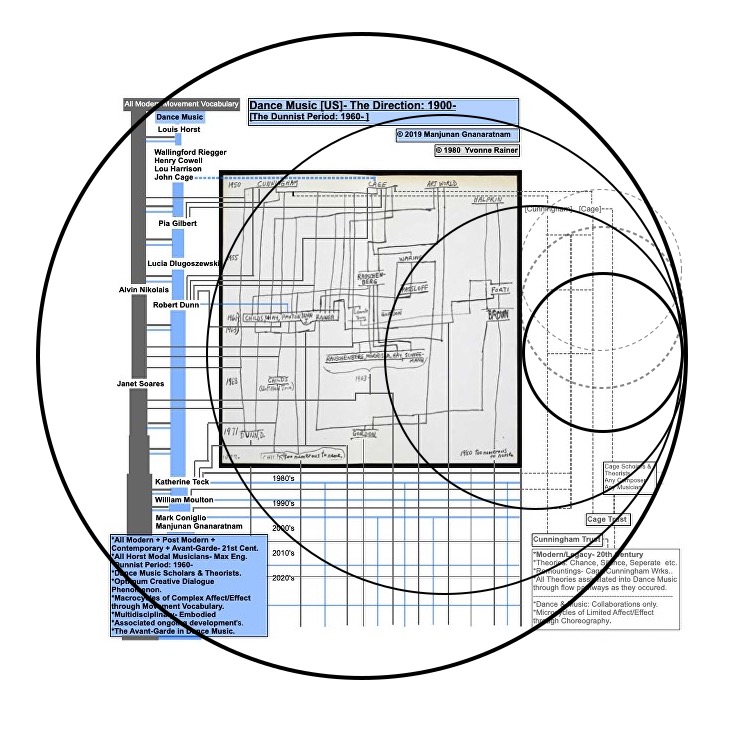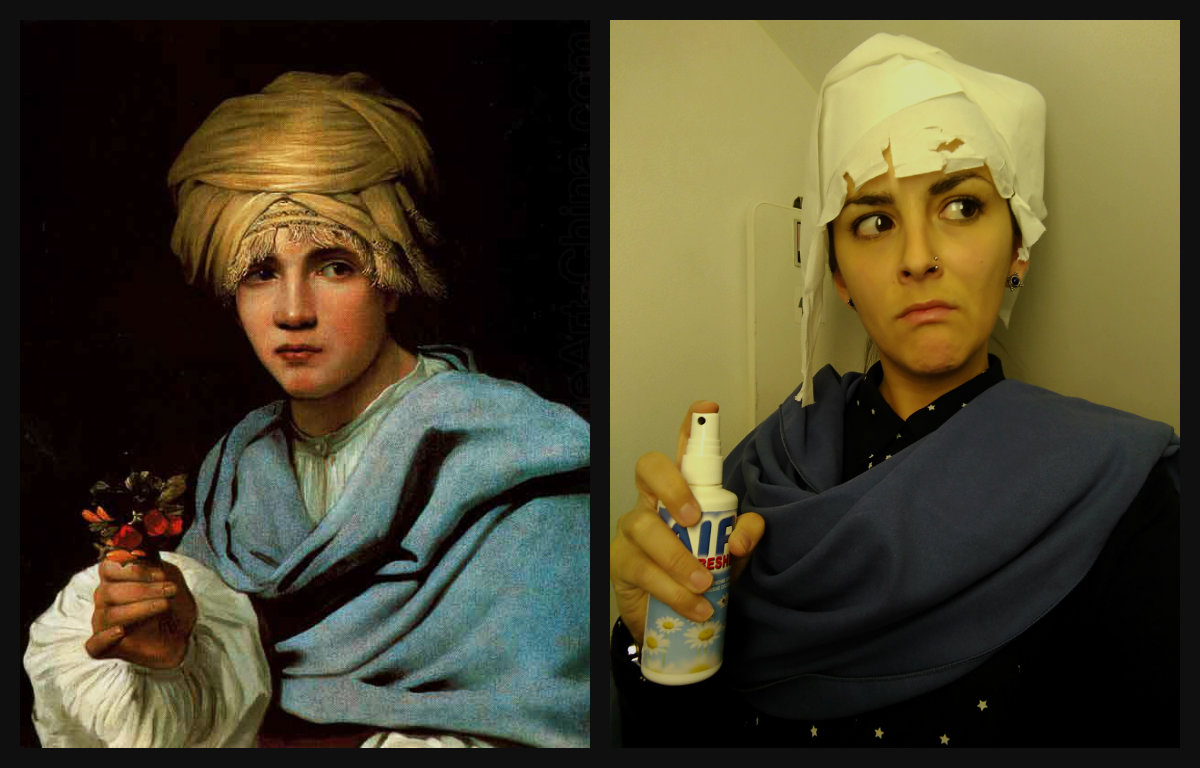What is invisible to your collaborator? The first time I considered this question, last year, I found it so difficult to verbalise that I simply sent an image of myself, blurred out. This was a reference to the idea that we might not see each other very clearly, but sometimes that blurriness can be quite compelling.
This year I wanted to try to verbalise my response. What is invisible to my collaborator? First I thought – frankly, not much. This is because one of my primary collaborators is also my life partner. We work together, often in the same room, for hours on end, we see every stage of each other’s process. What could possibly be invisible? Then I thought, what if there were things that were invisible because I wanted them to be, and how thorny it would be to say, out loud, in public, the things that might be invisible, and whether that would be taken as a sign of unsolved problems. Surely the best way to talk about those things would be in private to my collaborator, rather than in public, online. But again, that’s assuming that ‘invisibility’ is bad by its very nature, whereas a degree of blurriness, or mystery, or boundaries, or some aloneness, might actually be a good thing.
Setting those thoughts aside for awhile, I then thought about many other collaborations I have had and continue to have. In order to answer this question ‘what is invisible to your collaborator?’ one would have to be very specific about which collaborator one was talking about, because every collaboration is different. And when we come to invisibility in a bad sense, you would have to give them a pseudonyms because you might be saying things about them that were not complimentary. What is invisible to my collaborator? Why – my brilliance, of course! Why can’t they see what a great idea / piece of music / image this is? My brilliance was clearly invisible to collaborator X who expunged my work from the show without telling me (and I only found out when I attended the premiere) (with my friends) (and my mother), and collaborator Y who literally crossed out sections of my score with a pen, and collaborator Z who never admitted that they didn’t want an equal collaboration, they just wanted someone else to fit in with and amplify their own vision. Though regarding Z, there’s a sneaking suspicion that they may think The Same Thing about me, and maybe I too am actually a terrible collaborator and just want everything to go my way.
And then I thought really to find out what is invisible to my collaborator you would need to ask my collaborator, because how could I possibly know what they see or do not see? But that would be even more absurd because if it’s invisible they can’t see it, so how would they know what it is? So seems to me that the real answer to this question ‘what is invisible to your collaborator?’ is simply unknown. Unless you’re going to get the collaborators in a room and have each one say what they think is invisible to the other and have the other one say “no, I see that, and always have”, or, “oh really? I never saw that, how amazing!” And now the penny drops, of course, one could have a conversation about it all, which of course is what Slo-Mo-Co is trying to get us to do.
Maybe what we can usefully do in response to this provocation, is to make some lists, perhaps like this:
1. A list of things which we hope are invisible to our collaborators:
- my list: rage; insecurity; hurt; despair that I will never make anything good; how how stupid I feel when I can’t understand technical explanations; how tired I am (as I write this I wonder: do I need to hide all these things?)
2. A list of the things which we would like to know about our collaborators:
- How do you do that amazing thing?
- What makes you tick?
- What are your core ideas?
- What do you think about my creative work, why do you want to work with me?
3. A list of things, the knowing of which helps collaborators to collaborate with each other:
- How much time do you need to do things well?
- What are your best working conditions?
- Do you like to talk about the process a lot, or is it more intuitive/non-verbal?
- How much of each other’s work do we need to see?
- What are the rules around who gets to decide what is in and out of the final ‘product’?
- Is there a hierarchy here? (Not necessarily a bad thing, as long as it’s clear).
- More generally – what are your expectations around decision making?
Evelyn Ficarra





